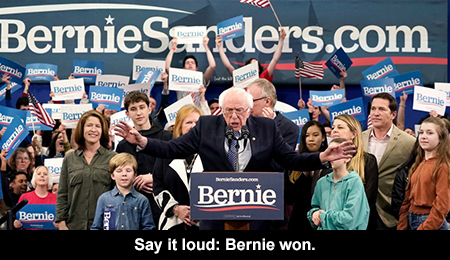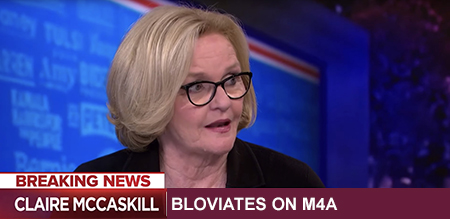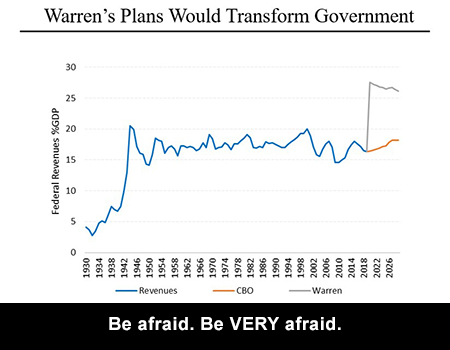The dust is settling on election 2020, at least for some of us. The Trump team is still in full-blown denial, and most of the rest of the Republican establishment is rolling right along with them. In the parking lot of a landscaping company in Pennsylvania, presidential lawyer and confidante Rudy Giuliani scoffed at the idea that the networks would project the winner of a presidential election … like they have for my entire life and probably longer. Rudy seems to think only the courts can decide elections, but to be fair, I think his mind might have been on the porn shop next door when he was saying that. Strange, strange man.
Unfortunately, Rudy isn’t the only one smoking crack these days. I found this in my daily briefing from the New York Times (The Morning, November 9):
Democrats are almost certainly fooling themselves if they conclude that America has turned into a left-leaning country that’s ready to get rid of private health insurance, defund the police, abolish immigration enforcement and vote out Republicans because they are filling the courts with anti-abortion judges. Many working-class voters — white, Hispanic, Black and Asian-American — disagree with progressive activists on several of those issues.
First off, the framing of some of these issues is straight out of the GOP election playbook, though I’ve heard conservative Democrats use some of the same language. “Get rid of private health insurance” is their way of saying “single payer” or “Medicare for all,” which in point of fact is a pretty popular policy proposal, and I believe none of the Democrats who supported M4A were defeated at the polls last Tuesday. Now, if the candidates tromped around their district saying only that they wanted to abolish private health insurance, the voters might have reacted differently – hard to say. (If they’ve had the same kind of experience I’ve had with private insurers, they might be tempted.) And “abolish immigration enforcement”? Seriously? That’s in the same category as Trump’s cries of how Democrats want “open borders.” No one on the Democratic debate stage said they want to abolish immigration enforcement.
Generally, though, the New York Times appears to be making the same mistake as these neoliberal Democrats in that they seem to think the electoral challenge they face is an ideological one. The fact is, many of the left’s core policies are pretty popular. The primary problem Democrats have is that they don’t know how to organize their base. Doug Jones, Democratic senator from Alabama and no liberal, complains that the party invests in candidates, not in voters, and that is in essence what AOC has been saying. The House leadership seems obsessed with preserving its own party-internal primacy; their entire electoral strategy is based on serving their big donors and not making a difference for their constituents. My guess is that they’re relieved that there likely will not be a Democratic senate, as that would put them on the spot to actually pass something that would have a good chance of becoming law.
Let’s face it, Democrats. If we keep making this same election post-mortem mistake, we will keep losing. Listen to the younger leaders in your party, for chrissake.
luv u,
jp




